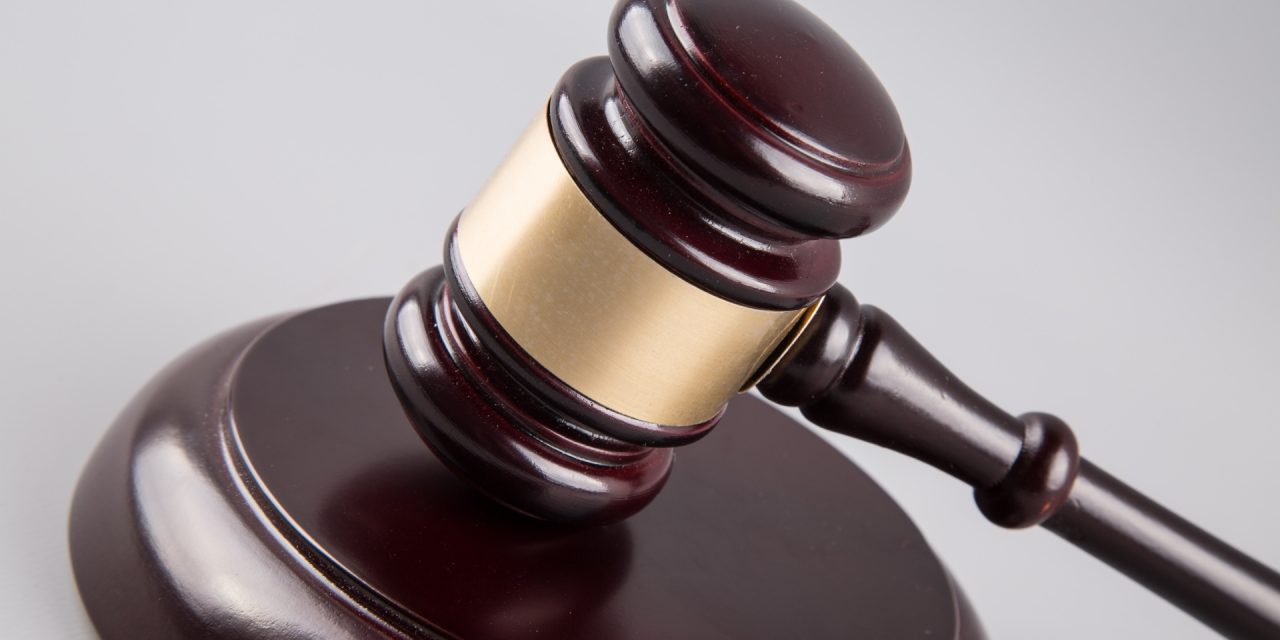In a sweeping decision issued Thursday, the Court of Appeals for the Fourth Circuit upheld a nationwide preliminary injunction against President Trump’s second Executive Order, which restricts nationals of six Muslim-majority countries from being issued visas and entering the United States. In the case International Refugee Assistance Project (IRAP) v. Trump, an overwhelming majority of the court—ten of the 13 judges that heard the case—agreed that a “reasonable observer” likely would conclude that the primary purpose of the travel ban was to exclude Muslims in violation of the U.S. Constitution’s ban on the government giving preference to one religion over another. Reviewing President Trump’s own campaign and post-inauguration statements, the court concluded that, although the text of the ban “speaks with vague words of national security,” in context it “drips with religious intolerance, animus, and discrimination.”
The Court determined that the injunction “promotes the public interest of the highest order.” It stressed that when the government “chooses sides on religious issues,” the “inevitable result” is “hatred, disrespect and even contempt” towards those who fall on the wrong side of the line. The Court noted that this was particularly true when, as in the travel ban, the “highest elected office in the nation” issues an order that is “steeped in animus and directed at a single religious group.”
The decision also affirms the essential role that the federal courts play in enforcing the U.S. Constitution. The Court found the idea that it lacked the authority to review high-level government policy such as the travel ban “dangerous.” It also rejected the government’s repeated requests that it “ignore evidence, circumscribe [the Court’s] own review, and blindly defer to executive action.”
For now, the travel ban remains on hold while proceedings continue in the lower court.
FILED UNDER: Donald Trump, featured, Muslim Ban


